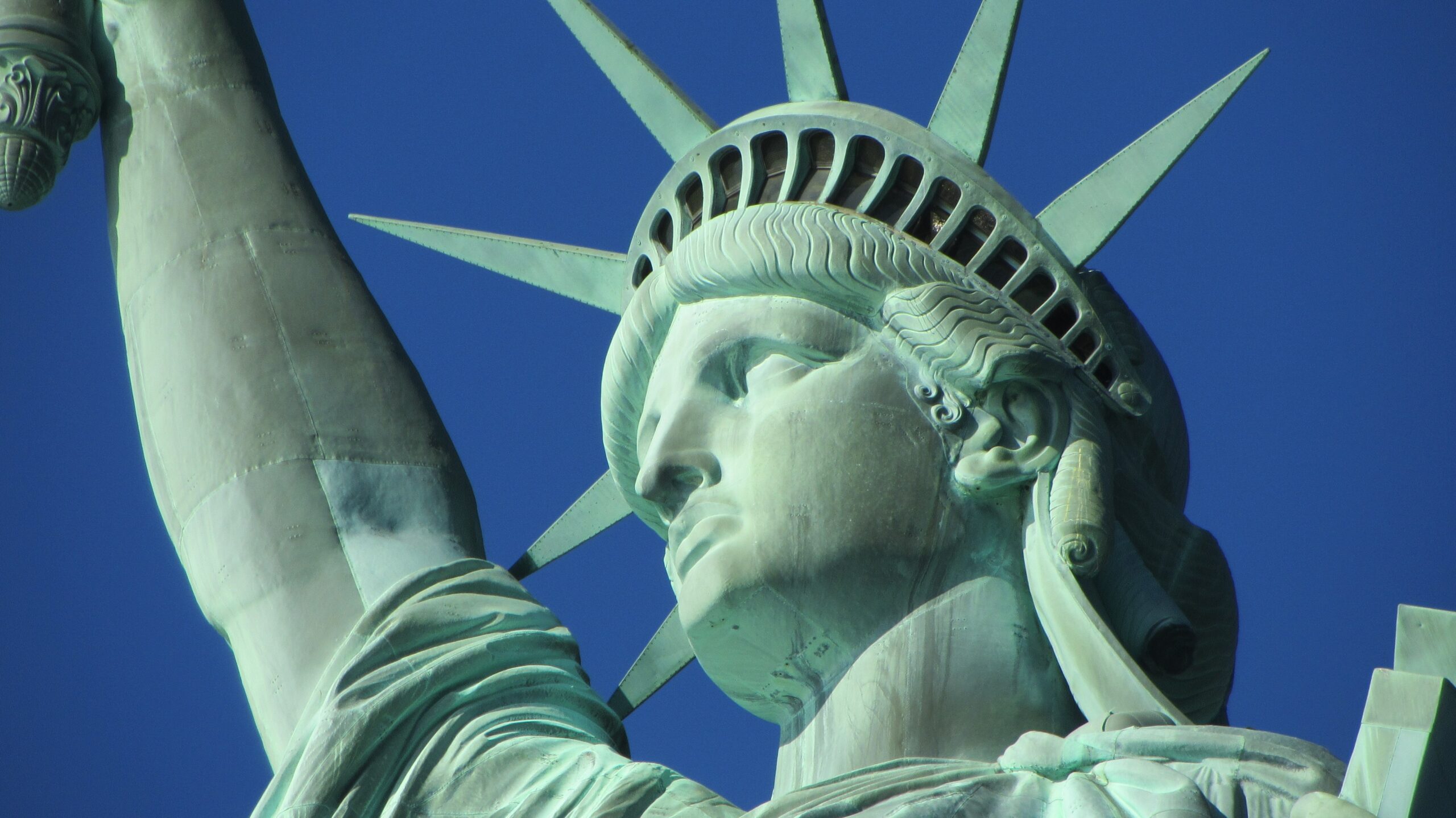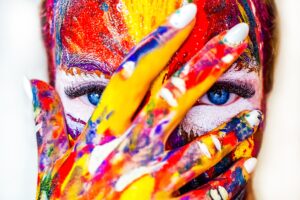Positive
Artists have always been known for their ability to create unique and innovative works that challenge traditional thinking and inspire audiences. To achieve this, they require a certain amount of freedom to explore their creative potential. While some argue that artists should have total freedom to express their thoughts and ideas, others believe that there should be some limitations placed on their creative expression. In my opinion, artists should have total freedom to express themselves, and I will outline three reasons why.
Firstly, art is a form of self-expression, and it is through this process that artists can convey their emotions, experiences, and beliefs. By allowing artists to express themselves freely, they are better able to communicate their message and evoke an emotional response from their audience. Total artistic freedom enables artists to push the boundaries of creativity and explore new ways of expressing themselves.
Secondly, limitations on artistic freedom can stifle creativity and result in artworks that are unoriginal and lack depth. When artists feel constrained, they may resort to conforming to the expectations of others, resulting in work that is safe and uninspired. This is not conducive to the growth and development of the artist or the art form itself.
Finally, total artistic freedom promotes diversity and inclusion. By allowing artists from all backgrounds and cultures to express themselves, we create a more diverse and rich artistic community. This, in turn, leads to a greater understanding and appreciation of different perspectives and experiences.
In conclusion, artists require a certain amount of freedom to develop their creativity, and this should include total artistic freedom. The benefits of allowing artists to express themselves freely far outweigh any potential drawbacks. By doing so, we create a more diverse and innovative artistic community that enriches our lives and inspires us to see the world in new ways.
Negative
Artistic freedom is often seen as a necessary component for the development of creativity. However, some argue that total artistic freedom can lead to negative consequences. In my opinion, while artists should have a certain amount of freedom, they should not have total freedom to express any thoughts and ideas. Here are three reasons why.
Firstly, total artistic freedom can result in the production of offensive and harmful art. Without any limitations, artists may create works that promote hate speech or glorify violence, causing harm to individuals and communities. This can result in the alienation of certain groups of people and promote a culture of exclusion and discrimination.
Secondly, total artistic freedom can lead to the exploitation of vulnerable individuals and groups. Artists may use their platform to exploit the experiences of marginalized communities without their consent, resulting in further harm and trauma. This can perpetuate power imbalances and reinforce harmful stereotypes.
Finally, total artistic freedom can result in the erosion of social and cultural norms and values. Art has the power to influence and shape society, and without any limitations, artists may create works that challenge traditional norms and values without considering the consequences. This can lead to the breakdown of social order and result in a chaotic society.
In conclusion, while artists require a certain amount of freedom to develop their creativity, total artistic freedom can lead to negative consequences. It can result in the creation of offensive and harmful art, the exploitation of vulnerable individuals, and the erosion of social and cultural norms and values. Therefore, limitations on artistic expression are necessary to ensure that art remains a positive force for society.









Comments